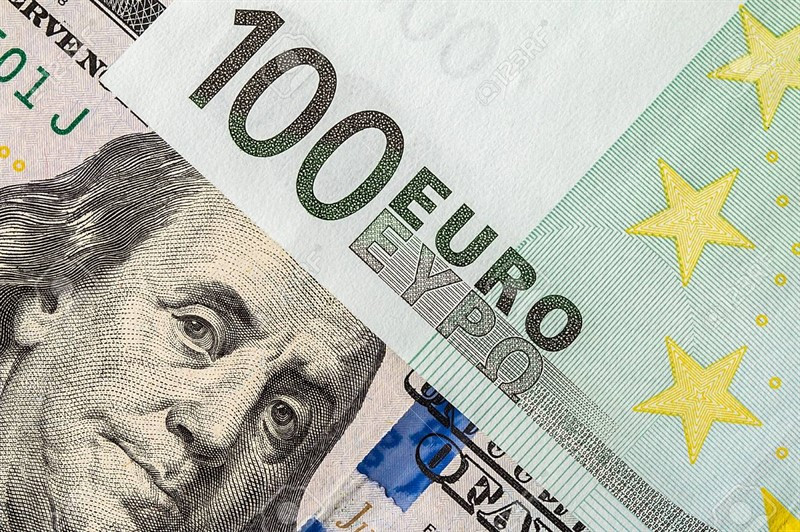
Global stock indexes started the week on a positive note. Market participants' optimism was driven by news of progress in the development of a coronavirus vaccine.
Against this background, the USD index reached its lowest level since the beginning of September – around 92.1 points.
On Tuesday, the USD exchange rate somewhat stabilized. The day before, Pfizer announced the successful third phase of clinical trials of its experimental COVID-19 vaccine. However, the company has not yet confirmed whether the drug is safe, or how long it works.
Meanwhile, the result of the recent US presidential election is still under extreme question. The outgoing US President Donald Trump refuses to admit defeat. Senate Majority Leader Mitch McConnell said that Donald Trump has the legal right to request a recount of votes, as well as to consider violations of voting procedures, if any, in court.
Experts are convinced that the USD will continue to fall. They proceed from the fact that geopolitical risks after the US elections will decrease, and the next package of assistance to the American economy will be less than previously expected, which will require the Fed to further expand the quantitative easing program.
"Perhaps the greatest clarity after the election concerns global trade. US foreign policy will enter a more predictable phase without the use of tariff threats. We believe that a fall in the dollar, in this case, is very likely, " said strategists at Citi Private Bank.
According to UBS Global Wealth Management, "The fact that Democrats are unlikely to gain control of the Senate means reducing the size of the stimulus package that may be passed in the future. This will force the Fed to act more decisively to support the economy."
However, there are those who doubt the further weakening of the greenback.
Experts at Saxo Bank said, "USD bearish traders expect everything to go smoothly: the Fed will gasp and good Uncle Joe will avoid any trade confrontation. However, things may not be so simple."
"The hopes that Biden will lift most of the tariffs imposed by Trump, as well as forge more friendly relations with China and other trading partners, may not be justified. Meanwhile, additional measures on the part of the Fed, which has already approached the zero limit of interest rates, will have little effect, unless the regulator comes up with something fundamentally new. Another necessary detail of the picture is a calm transfer of power, that is, the peaceful departure of Trump from the White House," they added.
The main currency pair updated two-month highs, rising above 1.1900, but then fell back sharply.
The euro is losing ground for the second session in a row on the back of the dollar's recovery and disappointing statistics from Germany.
According to ZEW data, the index of economic sentiment in Germany in November fell to 39 points from 56.1 points recorded in the previous month.
The pressure on the single currency is exerted by investors' fears about the fate of the eurozone economy in the context of a worsening epidemiological situation and increased social distancing measures in the region.
Goldman Sachs has revised its forecast for European GDP in the fourth quarter of 2020 from an increase of 9.1% to a fall of 8.7%.
"For the EUR / USD pair to rise further, there need to be signs that the EU is capable of more in terms of fiscal measures. Negotiations are underway there on the budget and the use of the restoration fund. In the longer term, we need a way out of the second wave of COVID-19, as well as substantial evidence of the implementation of the scenario of negative real rates in the US, which the market so confidently took into account in prices before the elections," Saxo Bank said.
 English
English 
 Русский
Русский Bahasa Indonesia
Bahasa Indonesia Bahasa Malay
Bahasa Malay ไทย
ไทย Español
Español Deutsch
Deutsch Български
Български Français
Français Tiếng Việt
Tiếng Việt 中文
中文 বাংলা
বাংলা हिन्दी
हिन्दी Čeština
Čeština Українська
Українська Română
Română

